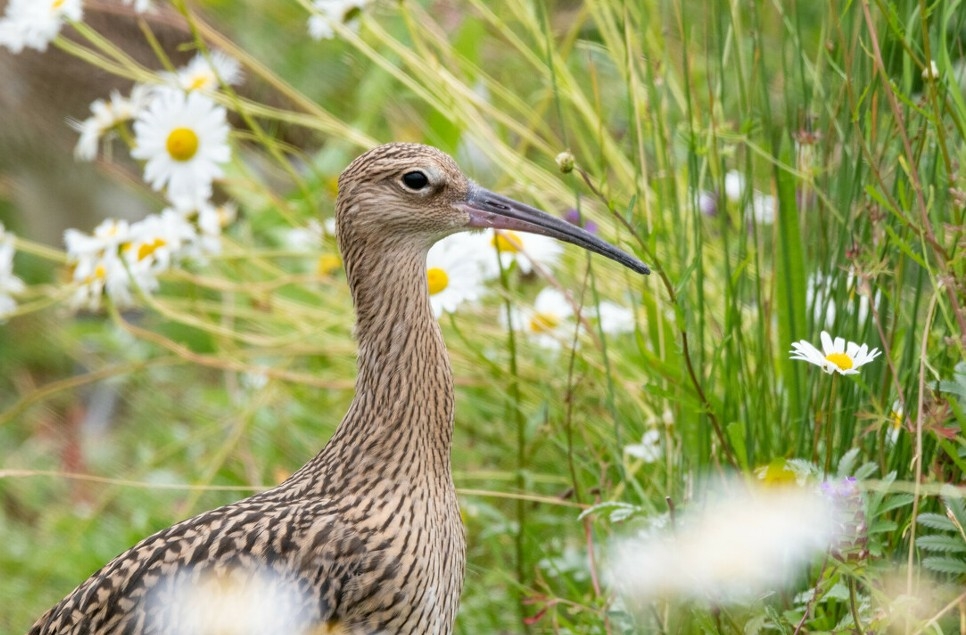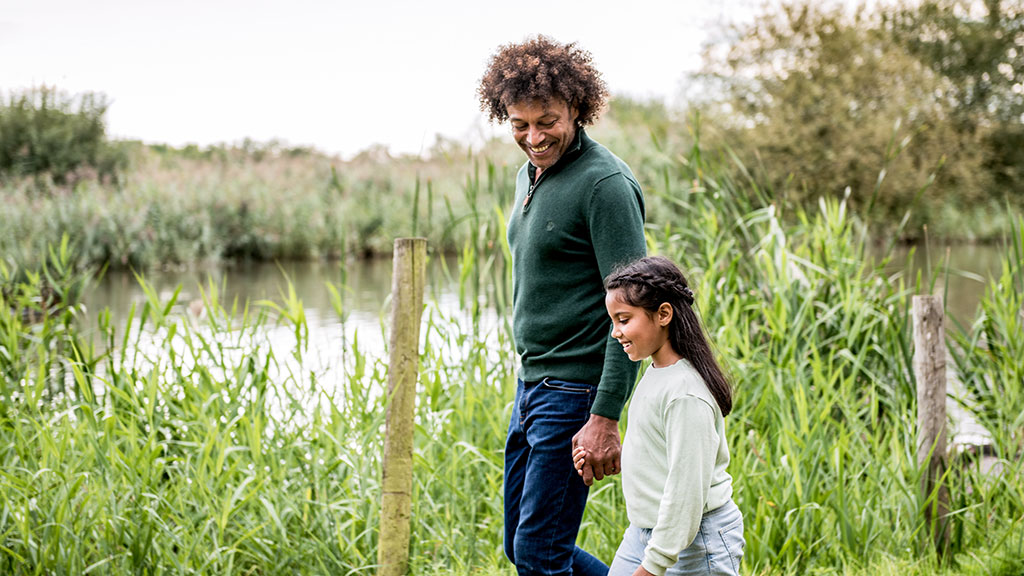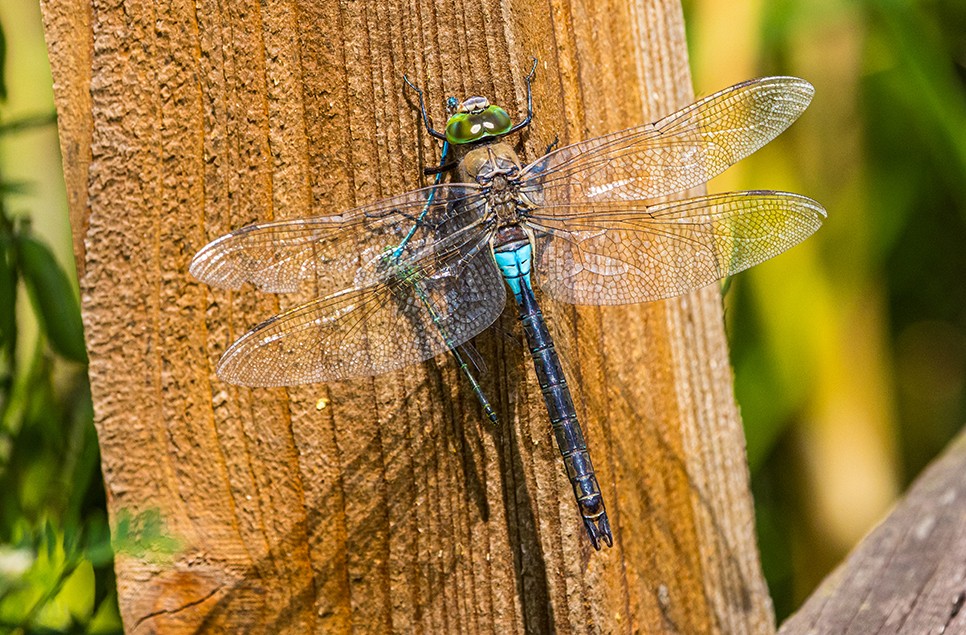WWT’s response to Environment Secretary’s speech – 18 May 2021
Environment Secretary George Eustice made a major speech today on the UK Government’s plans to protect and restore nature, tackle the climate and biodiversity crises and help deliver Net Zero by 2050.

Environment Secretary George Eustice made a major speech today on the UK Government’s plans to protect and restore nature, tackle the climate and biodiversity crises and help deliver Net Zero by 2050.
Speaking from Delamere Forest in Cheshire, Mr Eustice announced new measures including:
- Amending the Environment Bill to require an additional legally binding target for species for 2030, aiming to halt the decline of nature.
- Protecting and restoring peat habitats, including the restoration of 35,000 hectares of degraded peatland in England and proposals to ban sales of peat products by the end of this Parliament, subject to public consultation this year.
- Action to treble tree planting by the end of this Parliament, backed by over £500 million of climate finance.
- Establishing a new Species Reintroduction Taskforce to focus on the reintroduction of species lost in England such as the beaver, and to re-establish those that are declining such as the curlew), with a consultation on beaver reintroductions to be published in late summer
- The production of a green paper to look at Government ambition for nature, including the regulatory framework and the UK’s commitment to protect 30% of land for wildlife by 2030.
Responding to this WWT Head of Policy and Advocacy Tom Fewins said:
We welcome the ambition set out by the UK Government in this key year for our planet, as well as their ambition to put nature’s restoration at the heart of building back better. It is particularly good to see a new legally-binding target to halt the decline of species and action to reintroduce and re-establish important wetland species such as curlew and beavers.
We have been told this is a landmark moment for nature recovery, and the Government must act with the urgency and at the scale that the nature, climate and wellbeing crises demand. The means applying the same scale of ambition across a wide diversity of habitats that both protects existing sites and restores those we have lost.
Be it storing carbon, reducing flooding, supporting wellbeing or restoring biodiversity, wetlands are one of the very best nature-based solutions. Restoring or creating 100,000 hectares of wetlands - from huge sweeping saltmarshes to small urban raingardens - would provide huge benefits to people and nature. We urge the Government to get behind WWT’s proposals for such a ‘Blue Recovery’ by providing the information, plans and funding we need to make it happen.
Further information about the government’s plans.
Read more about WWT’s Blue Recovery



